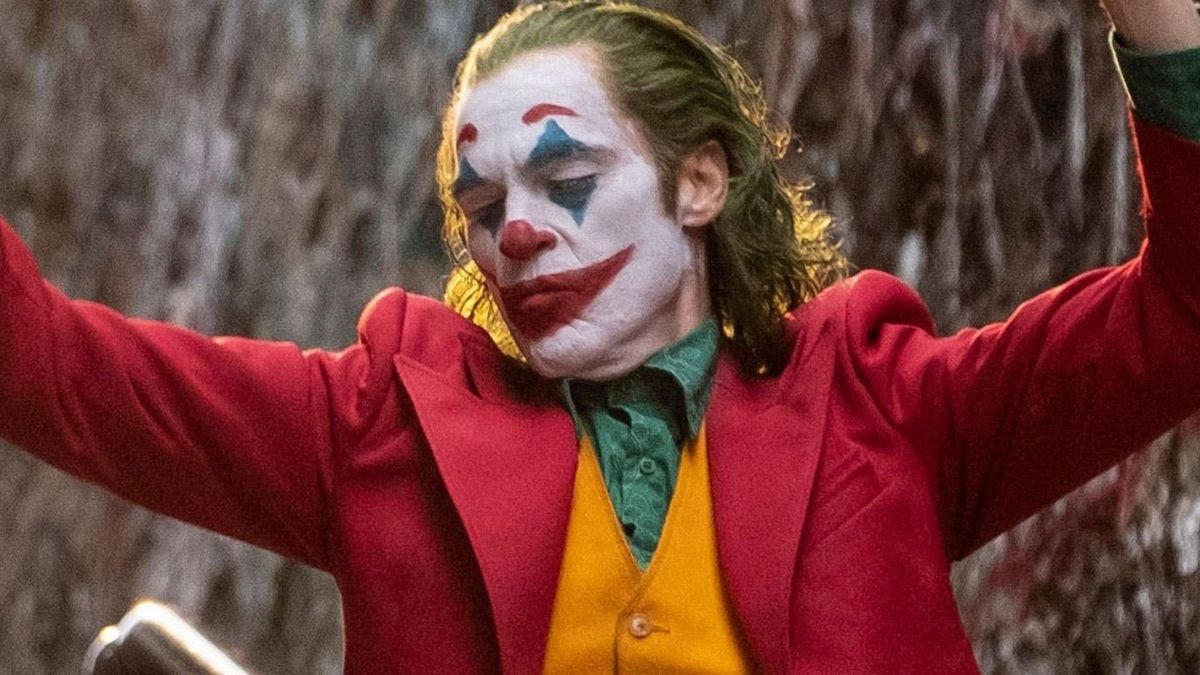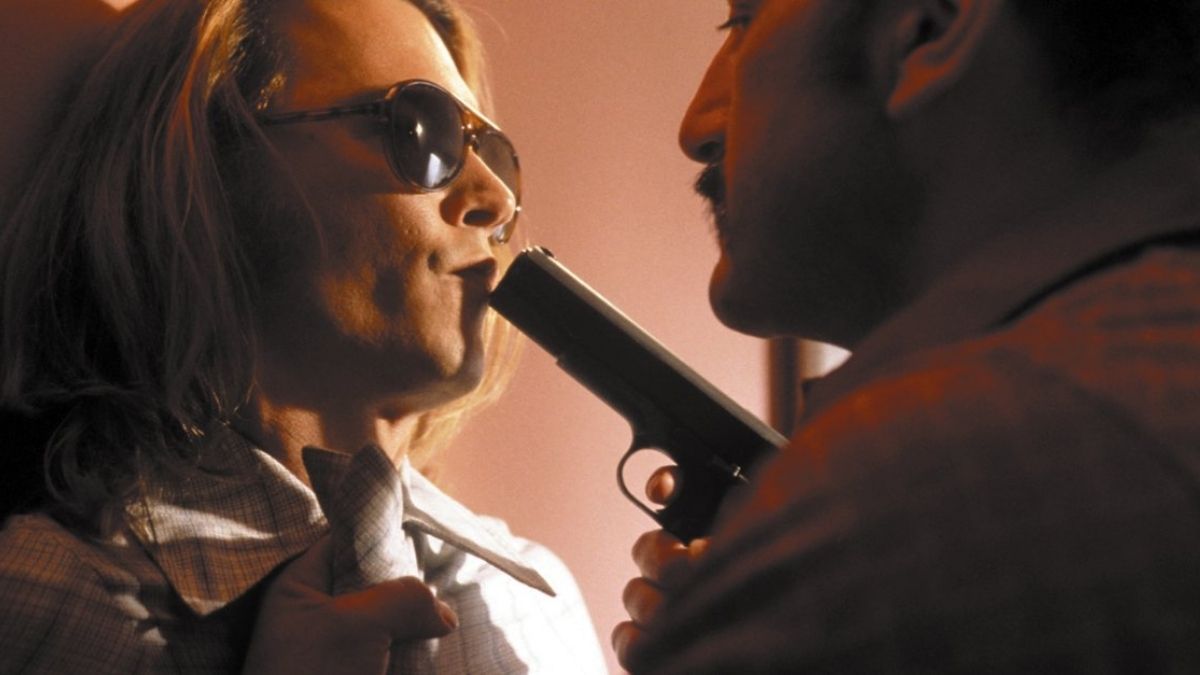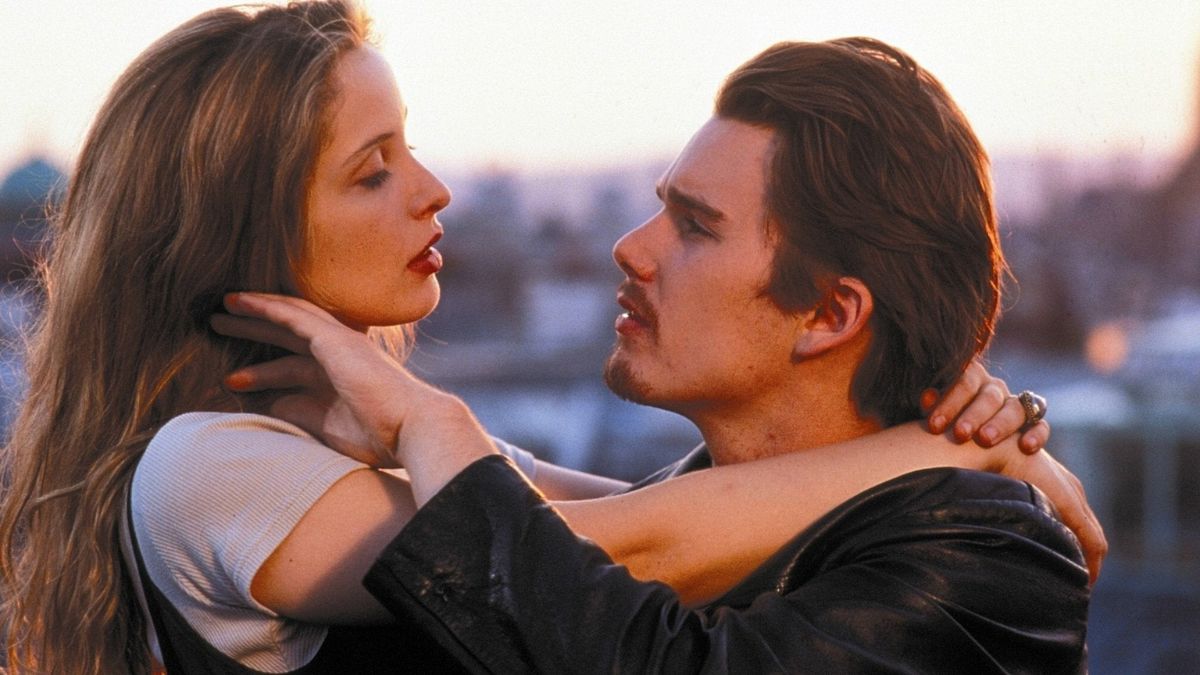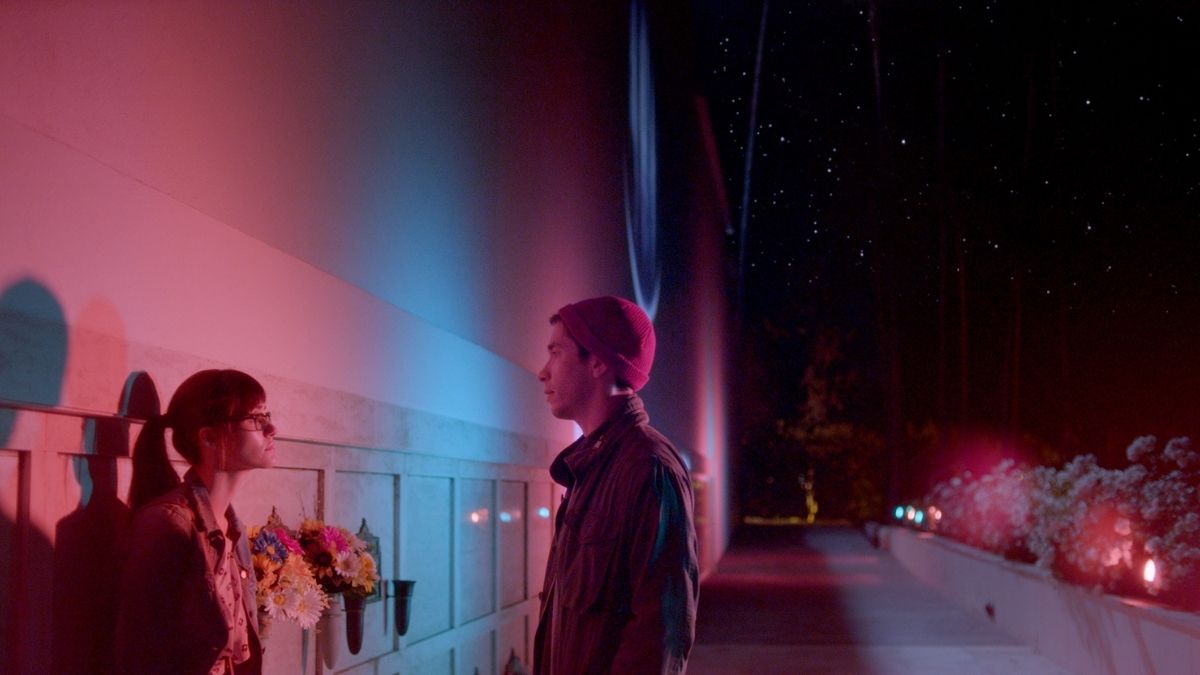I want to tell you a story. I’m going to ask you all to close your eyes while I tell you the story. I want you to listen to me. I want you to listen to yourselves. Go ahead. Close your eyes, please. This is a story about a little girl walking home from the grocery store one sunny afternoon. I want you to picture this little girl. Suddenly a truck races up. Two men jump out and grab her. They drag her into a nearby field and they tie her up and they rip her clothes from her body. Now they climb on. First one, then the other, raping her, shattering everything innocent and pure with a vicious thrust in a fog of drunken breath and sweat. And when they’re done, after they’ve killed her tiny womb, murdered any chance for her to have children, to have life beyond her own, they decide to use her for target practice. They start throwing full beer cans at her. They throw them so hard that it tears the flesh all the way to her bones. Then they urinate on her. Now comes the hanging. They have a rope. They tie a noose. Imagine the noose going tight around her neck and with a sudden blinding jerk she’s pulled into the air and her feet and legs go kicking. They don’t find the ground. The hanging branch isn’t strong enough. It snaps and she falls back to the earth. So they pick her up, throw her in the back of the truck and drive out to Foggy Creek Bridge. Pitch her over the edge. And she drops some thirty feet down to the creek bottom below. Can you see her? Her raped, beaten, broken body soaked in their urine, soaked in their semen, soaked in her blood, left to die. Can you see her? I want you to picture that little girl. Now imagine she’s white.
We’re going to lose this case, Carl Lee. There are no more points of law to argue here. I want to cope a plea, maybe Buckley will cop us a second degree murder and we can get you just life in prison.
It’s not me, we’re not the same, Carl Lee. The jury has to identify with the defendant. They see you, they see a yardworker; they see me, they see an attorney. I live in town, you live in the hill.
And until we can see each other as equals, justice is never going to be even-handed. It will remain nothing more than a reflection of our own prejudices.



